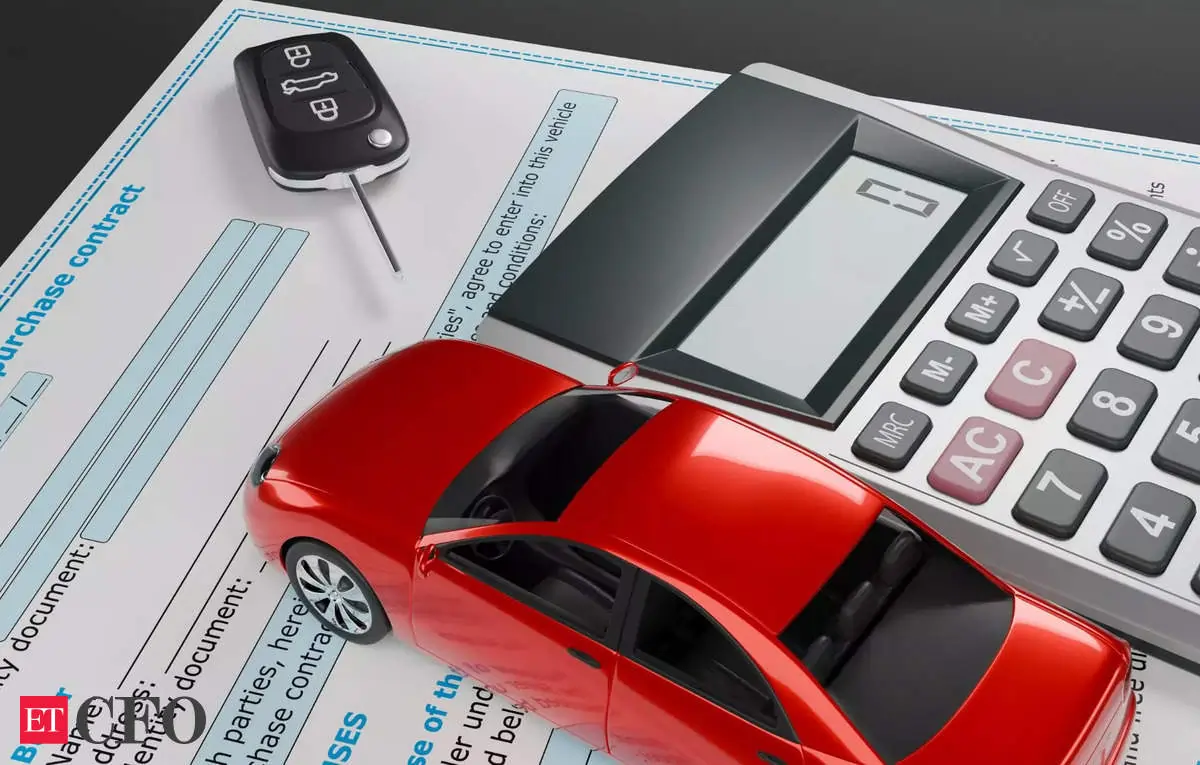In recent years, the Goods and Services Tax (GST) has transformed the way taxes are levied on goods and services in India, including the sale and purchase of used cars. If you are planning to buy or sell a second-hand vehicle, understanding the GST tax rate on used cars is crucial to estimate your costs and legal obligations accurately.
This article will provide an in-depth look at the GST tax rate on used cars, the categories under which old cars fall, and how these rates can affect buyers and sellers alike. Whether you’re wondering about the GST rate on an old car or you’re in the market for a used car, this comprehensive guide will clear up your queries.
Introduction to GST and Its Application on Used Cars
The implementation of GST in July 2017 brought about significant changes in the tax structure of various goods, including vehicles. The GST system replaced multiple taxes, such as VAT (Value Added Tax), excise duty, and service tax, unifying them under a single system.
When it comes to automobiles, both new and old, GST plays a crucial role. Earlier, second-hand car buyers and sellers were subject to different tax structures across states. Now, the GST tax rate on used cars is uniform across India, simplifying the taxation process.
What is the GST Rate on Used Cars?
The GST rate on old cars varies depending on the vehicle category and its fuel type. Before diving into specifics, it’s essential to know that the rate is substantially lower than that imposed on new vehicles. This reduction was implemented to boost the used car market in India, providing affordable mobility options to a broader audience.
1. Small Cars (Petrol/Diesel)
For small cars, which are generally less than 1200 cc in engine capacity for petrol variants and 1500 cc for diesel variants, the GST tax rate is 12%. This category includes most hatchbacks and compact sedans, making them more accessible to middle-class buyers.
2. Mid-Size and Luxury Cars
For larger vehicles, such as mid-size sedans, SUVs, and luxury cars, the GST tax rate on used cars is 18%. These vehicles typically have higher engine capacities, usually exceeding 1200 cc (petrol) and 1500 cc (diesel).
3. Electric Vehicles (EVs)
One of the major focuses of the Indian government is to promote electric vehicles (EVs) to reduce pollution and dependence on fossil fuels. As a result, the GST rate on old cars that are electric is only 5%. This low rate encourages consumers to switch to eco-friendly alternatives when purchasing pre-owned cars.
Additional Cess on Used Cars
Apart from the GST tax rate on used cars, certain categories of vehicles may attract an additional cess. For example, luxury vehicles or SUVs might have an extra cess of 15%, further increasing the tax liability on these high-end second-hand cars. However, this is typically not the case for small cars and electric vehicles, which are exempt from such additional charges.
How Does GST on Used Cars Work?
In a typical transaction involving a used car, the GST is calculated on the margin of profit earned by the seller, not the full value of the car. This “margin scheme” benefits dealers who sell pre-owned cars, allowing them to pay GST only on the margin, which is the difference between the purchase and resale price.
For instance, if a dealer buys a used car for ₹3,00,000 and sells it for ₹3,50,000, GST will be calculated only on the profit of ₹50,000 rather than the full sale price. This system is designed to encourage dealers to participate in the second-hand car market without being burdened by high tax rates.
Example of GST Calculation on a Used Car
Let’s illustrate how the GST rate on an old car is applied with a simple example.
- Car Category: Small petrol car
- Purchase Price by Dealer: ₹4,00,000
- Selling Price to Buyer: ₹4,50,000
- Profit Margin: ₹50,000
- GST Rate: 12% (as it is a small car)
- GST Payable: ₹50,000 x 12% = ₹6,000
Thus, the dealer would have to pay ₹6,000 as GST on the transaction, keeping the tax burden light for both the seller and the buyer.
GST on Private Sale of Used Cars
It’s important to note that the GST tax rate on used cars applies only to transactions conducted by registered dealers and companies engaged in the business of buying and selling cars. If you’re selling your old car privately to another individual, GST does not apply. In such cases, the buyer only needs to pay for the car and the associated fees for transfer of ownership, insurance, etc.
Impact of GST on Used Car Buyers and Sellers
The reduction in the GST rate on old cars has been a significant boon for both buyers and sellers. Lower tax rates have made pre-owned vehicles more affordable, giving buyers access to a wider range of vehicles. On the other hand, dealers benefit from the margin scheme, reducing their tax liability and making it easier to run a profitable business.
Why Understanding the GST Tax Rate on Used Cars is Important
Whether you’re buying or selling a used vehicle, understanding the GST rate on old cars is essential. For buyers, it ensures you know exactly how much extra you’ll be paying in taxes and can plan your budget accordingly. For sellers, particularly dealers, knowing how to calculate the GST tax rate on used cars can help in setting competitive prices while maintaining profitability.
Government’s Objective Behind the GST on Used Cars
The primary reason for introducing a reduced GST rate on old cars is to encourage the growth of the second-hand car market in India. With affordability being a key factor in the automotive industry, the government aims to provide more options for middle-class consumers. Additionally, promoting the purchase of used electric vehicles (EVs) through a lower 5% GST rate supports the government’s goal of increasing the adoption of cleaner, eco-friendly mobility solutions.
Challenges and Clarifications Around GST on Used Cars
While the GST tax rate on used cars has undoubtedly simplified the taxation process, there have been a few challenges and clarifications needed along the way. Initially, there was confusion regarding the valuation of used cars for GST purposes. However, the introduction of the margin scheme has resolved these issues, providing clarity to dealers and easing compliance.
One point of contention still arises from the additional cess on luxury cars and SUVs, which can significantly increase the cost for buyers looking for high-end second-hand vehicles. The government may need to revisit this aspect of the policy to make the used car market more appealing across all vehicle categories.
Conclusion
The GST tax rate on used cars plays a pivotal role in the overall pricing and affordability of pre-owned vehicles in India. Whether you’re in the market for a small hatchback, a mid-size sedan, or a luxury SUV, understanding how GST affects the pricing of old cars is essential for making an informed decision.
With the current rates—12% for small cars, 18% for mid-size and luxury vehicles, and 5% for electric cars—both buyers and sellers have benefited from reduced tax burdens and simplified transactions. For dealers, the margin scheme ensures that they only pay GST on their profit, encouraging more people to enter the second-hand car business.
In the fast-growing Indian automotive market, second-hand vehicles are gaining popularity for their affordability and convenience. Knowing the GST rate on old cars can help you navigate your purchase or sale more effectively, ensuring that you comply with the law while getting the best deal possible.
Ultimately, the government’s focus on reducing the GST tax rate on used cars has successfully stimulated the pre-owned car market, making it easier for consumers to own vehicles while maintaining profitability for sellers. Whether you’re buying or selling, make sure you stay informed about the latest tax regulations to optimize your transaction.
Summary of GST Rates on Used Cars:
- Small Cars (Petrol/Diesel): 12%
- Mid-Size and Luxury Cars: 18%
- Electric Vehicles: 5%
This clear structure helps you understand the implications of the GST tax rate on used cars and how it affects both buyers and sellers in the market today. Read more news about GST Tax rate on used cars on blog bounty.



